February 2012
Surviving Justice
27/02/12 09:50
Lola Vollen and Dave Eggers, eds., Surviving Justice: America’s Wrongfully Convicted and Exonereated (San Francisco: McSweeney’s, 2008).
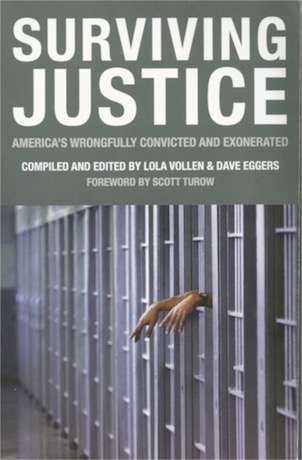
Wrongful conviction is not a random occurrence. It is caused by failures in the judicial system that can be addressed and corrected. Deceptive interrogation tactics, tricking suspects into waiving Miranda rights (often by claiming that they are not suspects), administering polygraphs when the person is extremely tired or stressed, forcing false confessions, harsh interview tactics, police torture, eyewitness misidentification, ineffective legal counsel, prosecutorial misconduct, perjured testimony (often in exchange for reduced sentences or cash from prosecutors), bad scientific evidence, loss (intentional or inadvertent) of DNA evidence, and lack of retrospective review all contribute to innocent people being convicted of crimes, sentenced to death or life imprisonment and more. In most cases, when innocence is finally proved irreparable damage has already occurred.
In addition to the injustice of wrongful conviction, each constitutes mis-managed or lost evidence that could have gone toward solving the crime. Each wrongful conviction is a failure to convict the real criminal. Each wrongfully convicted person means that there is at least one criminal who has escaped justice.
This is an important book. I hope it is starting a conversation within our society that will continue.
Voices from the Storm
24/02/12 04:19
Lola Vollen and Chris Ying, eds., Vocies from the Storm: The People of New Orleans on Hurricane Katrina and its Aftermath (San Francisco: McSweeneys, 2008)
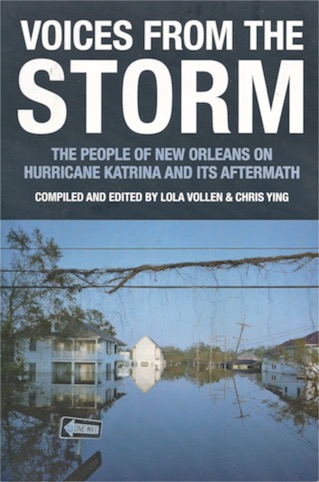
This book uses first person reports of the events of the storm and its aftermath. Expertly edited, thirteen men and women of New Orleans are enabled to report the triumph of the human spirit in spite of misconduct by police and other authorities, false arrest and illegal imprisonment, help that could not be found and help that increased rather than decreased suffering. On the one hand the book makes on sad at the abuses and injustices that were wrought. On the other, it celebrates the power of perseverance and faithfulness of average people swept up in a huge tragedy.
This book is part of a series of books called “Voice of Witness.” This is the second book of the series that I have read. It will not be the last.
It Chooses You
20/02/12 07:53
Miranda July, with photographs by Brigitte Sire, It Chooses You (San Francisco: McSweeney’s, 2011)

What she discovered in her interviews was a view of real people trying to make it in a real world that is vastly different from that of a screenwriter trying to find the right words for a script. The book contains verbatim reports of the interviews along with provocative and often humorous commentary about each. The result is the story of how connections have been made in unexpected ways and how real life can provide the energy to tell a story.
The result is a glimpse at a world that the readers would never have seen were it not for Miranda’s process of working through her procrastination.
The End of War
18/02/12 07:07
John Horgan, The End of War (San Francisco: McSweeney’s, 2011)
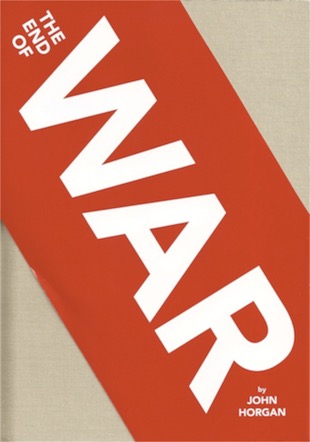
In a world that seems to be plagued by perpetual violence and continual conflict, it is refreshing to read a book that proposes that nonviolence is frequently the best response and that humanity is moving down a course that leads away from war as a way of resolving disagreement.
I highly recommend the book. I’m going to find a group of colleagues to read it and provide me with additional discussion and feedback. As I said, I think it is important. Time will tell.
Unfamiliar Fishes
14/02/12 15:40
Sarah Vowell, Unfamiliar Fishes (New York: Riverhead, 2011)
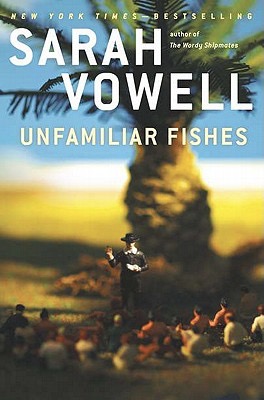
Hawaii was the destination of he first overseas missionaries of the American Board of Commissioners for Foreign Missions, the predecessor body of our modern Common Global Ministries. The first missionaries arrived from New England in 1820 with the goal of bringing Christianity to Hawaii. What they didn’t realize was how much they had confused the culture of New England with the essence of Christianity.
Vowell’s style of reporting gets us to take a fresh and much-needed look at our history. The way we have been telling the story has often been one-sided. Vowell brings fresh and much-needed perspective.
And, like the smart aleck that she is, she gets us to laugh while she teaches us a lesson.
The Facts of Winter
14/02/12 11:16
Paul Poissel, Les Faits D’Hiver (The Facts of Winter) Translated with an afterward by Paul La Farge (San Francisco: McSweeney’s, 2011)
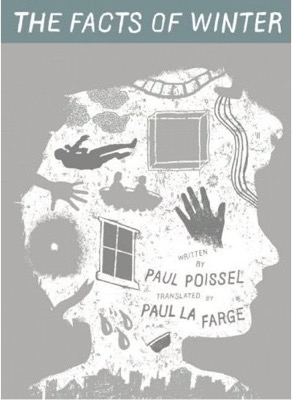
The experience was, to say the least, surrealistic. Reading the fictional dreams of fictional persons in a language I do not fully understand, left all sorts of images in my mind. I wasn’t always clear which were inherent in Poissel’s writing and which were the product of my limited understanding of the language.
La Farge’s afterward grants insight into the dreams and tells a bit of the story of Poissel. This is such a fun read that I know I will return to it again and again. So far, I can’t see any impact of the book on my dreams, but as soon as I start dreaming in French, I’ll check the book for clues.
The Rector and the Rogue
11/02/12 17:39
W. A. Swanberg, The Rector and the Rogue (San Francisco: Collins/McSweeneys, 2011).
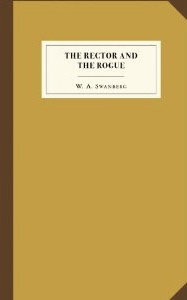
Perhaps the attraction was in the simple fact that I identify with one of the principal characters in the story. Although there are plenty of big differences, Rev. Morgan Dix was a minister near the height of his career in his mid-fifties, who was used to having plenty of people who, for whatever reasons, attacked him and the institution he represented. The scheme perpetrated by the “Gentleman Joe” character is not, however, completely malicious. It is more like a giant piece of street theatre with thousands of characters.
This small volume is probably not one of the great books of our time, but it is an entertaining story worth picking up for a quick read.
Keep Going
03/02/12 15:35
Joseph M. Marshall III, Keep Going: The Art of Perseverance (New York: Sterling, 2006)
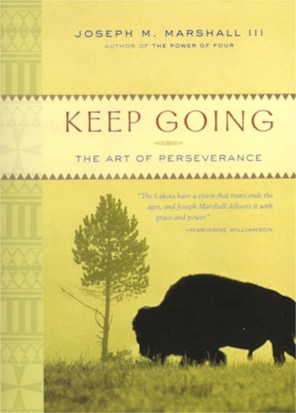
I read a lot of devotional stories and books in my work. This book is deeply devotional to me, but it doesn’t follow the pattern or use the language that is common to many Christian devotional books. It is a reach for depth that connects humans of different religions. Instead of looking for practices that we hold in common, Marshall reaches to the deepest, core values and there discovers a common humanity that touches others deeply.
I plan to re-read this book at another point in my life, when I have become a grandfather of adults. I suspect that I will see an entirely different perspective and encounter new truths in the exercise.
I, Steve
03/02/12 15:23
Geroge Beahm, ed., I, Steve: Steve Jobs in His Own Words (Chicago: Agate Books, 2011)
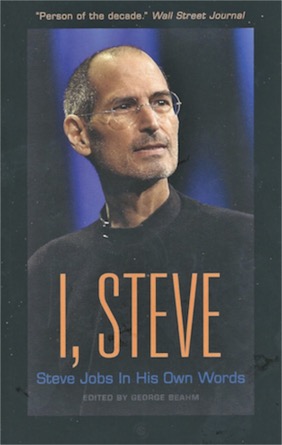
I’m glad that I read this book after I had read Walter Isaacson’s biography. The quotes tend to present Steve at his best and give a sort of fractured, incomplete view of the man. The book is insufficient to enable readers to get to know the person. They are a guide to the high moments and best (and often rehearsed) times in his life. Nonetheless there are many true teachings in the book.
I know it is a book to which I will refer again and again.